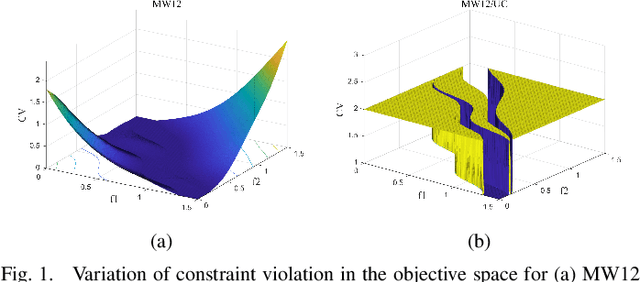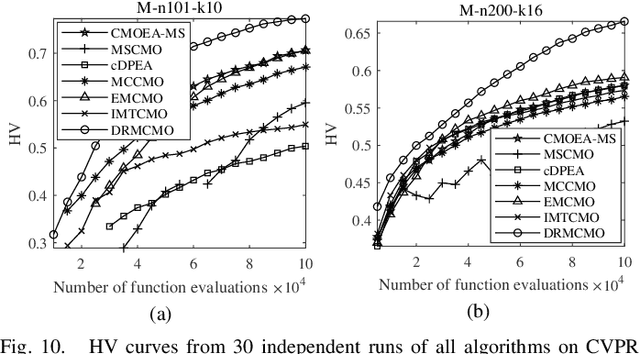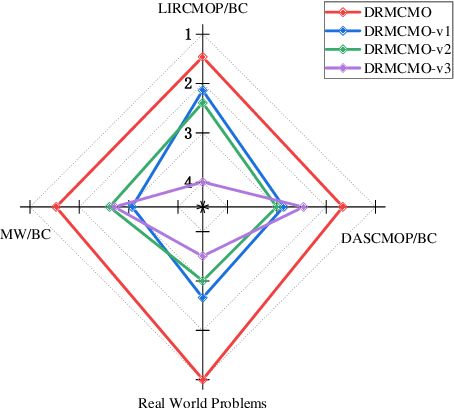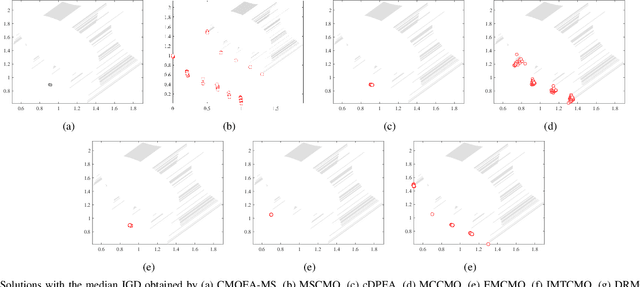Weixiong Huang
Large Language Model-assisted Meta-optimizer for Automated Design of Constrained Evolutionary Algorithm
Sep 16, 2025Abstract:Meta-black-box optimization has been significantly advanced through the use of large language models (LLMs), yet in fancy on constrained evolutionary optimization. In this work, AwesomeDE is proposed that leverages LLMs as the strategy of meta-optimizer to generate update rules for constrained evolutionary algorithm without human intervention. On the meanwhile, $RTO^2H$ framework is introduced for standardize prompt design of LLMs. The meta-optimizer is trained on a diverse set of constrained optimization problems. Key components, including prompt design and iterative refinement, are systematically analyzed to determine their impact on design quality. Experimental results demonstrate that the proposed approach outperforms existing methods in terms of computational efficiency and solution accuracy. Furthermore, AwesomeDE is shown to generalize well across distinct problem domains, suggesting its potential for broad applicability. This research contributes to the field by providing a scalable and data-driven methodology for automated constrained algorithm design, while also highlighting limitations and directions for future work.
Evolutionary Algorithm with Detection Region Method for Constrained Multi-Objective Problems with Binary Constraints
Nov 13, 2024



Abstract:Solving constrained multi-objective optimization problems (CMOPs) is a challenging task. While many practical algorithms have been developed to tackle CMOPs, real-world scenarios often present cases where the constraint functions are unknown or unquantifiable, resulting in only binary outcomes (feasible or infeasible). This limitation reduces the effectiveness of constraint violation guidance, which can negatively impact the performance of existing algorithms that rely on this approach. Such challenges are particularly detrimental for algorithms employing the epsilon-based method, as they hinder effective relaxation of the feasible region. To address these challenges, this paper proposes a novel algorithm called DRMCMO based on the detection region method. In DRMCMO, detection regions dynamic monitor feasible solutions to enhance convergence, helping the population escape local optima. Additionally, these regions collaborate with the neighbor pairing strategy to improve population diversity within narrow feasible areas. We have modified three existing test suites to serve as benchmark test problems for CMOPs with binary constraints(CMOP/BC) and conducted comprehensive comparative experiments with state-of-the-art algorithms on these test suites and real-world problems. The results demonstrate the strong competitiveness of DRMCMO against state-of-the-art algorithms. Given the limited research on CMOP/BC, our study offers a new perspective for advancing this field.
 Add to Chrome
Add to Chrome Add to Firefox
Add to Firefox Add to Edge
Add to Edge